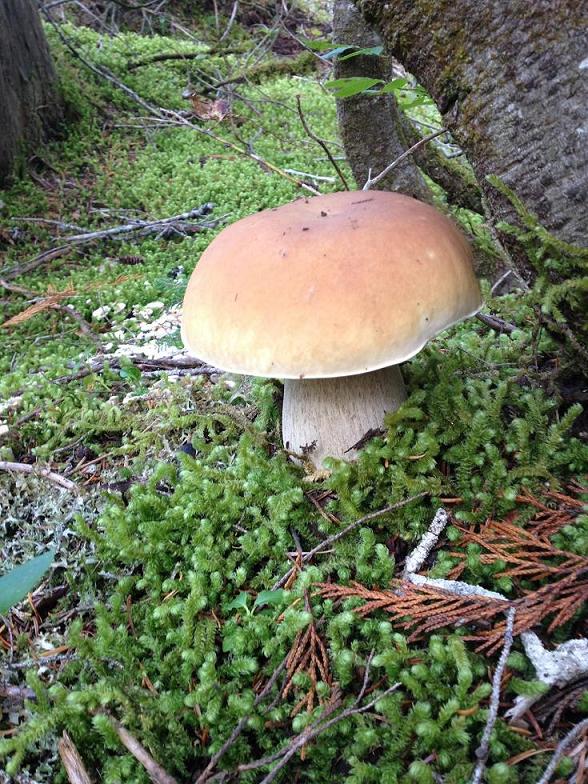 Last year, right around this time I posted a couple ‘o Holiday Gift Guides; one for restaurant pros and one for geeky home cooks. I promised a third list focused on foragers and the gear they’d like to see stuffed in their thick woollen stockings (that sounded dirty) so here we go!
Last year, right around this time I posted a couple ‘o Holiday Gift Guides; one for restaurant pros and one for geeky home cooks. I promised a third list focused on foragers and the gear they’d like to see stuffed in their thick woollen stockings (that sounded dirty) so here we go!
Forgers hail from a variety of backgrounds and lifestyles; loggers, gypsies, scientists, hippies, cooks, mystics and normal people that just really dig the outdoors. They’re good people, fun to hang out with and learn a lot from. To cater to such a vast demographic I’ve tried to pepper this list with items and ideas that equal parts utility and whimsy.
The list is split into two parts: One focuses on gift that are under 25 bucks (for those of us on a budget this X-Mas) and one that just smiles and hands you a platinum members card (make it rain!!!) I also tried to pick a couple ‘o gifts that cater to beginners and novices like me that haven’t collected all the essential gear yet.
Lemmie know if I missed anything and have a Happy Holidays!
Gifts On The Cheap
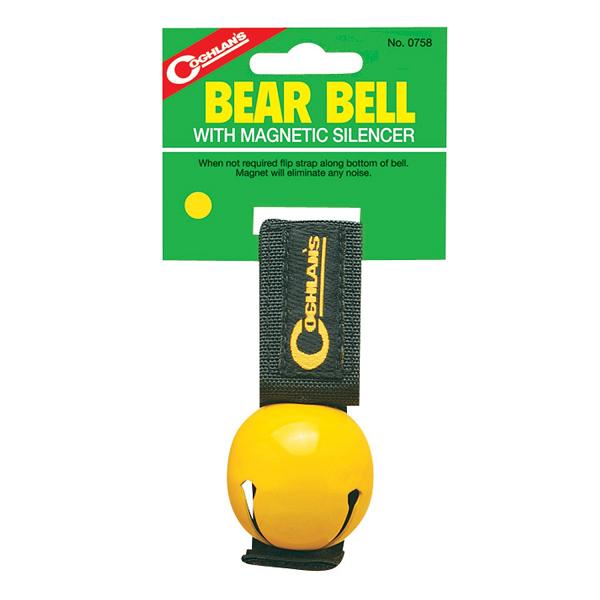 Bear Bells
Bear Bells
One of the most ubiquitous sounds out in the bush, alongside the “Gong” of ravens and the chittering of pissed-off squirrels is the tinkling of bear bells. They’re essential gear for outdoorsy people, especially foragers who spend most of their time staring intently at the ground instead of watching their back for predators. ($2)
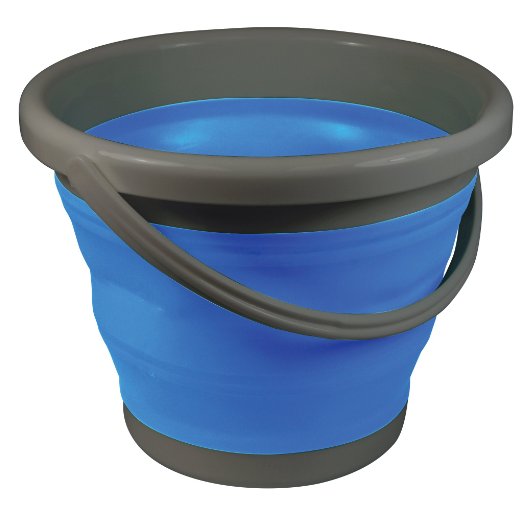 Collapsible Buckets
Collapsible Buckets
Light, easy to carry and tough, these handy plastic buckets can carry quite a bit of foraged foodstuffs back to your camp and then telescope down into an inch-tall pancake to conserve space. Most are made of waterproof silicone and range in capacity from a cheap one gallon pail to a heftier five gallon beast if you shell out a bit more. ($10-$25)
 Field Guide
Field Guide
Learning to properly identify edible wild plants is fun and fundamental to the craft of foraging. So, if the forager you know and love is a novice like me, the best thing you can do to promote their new hobby/lifestyle and personal safety is get ‘em a decent field guide. Here’s a short list of my most recommended reads. ($25)
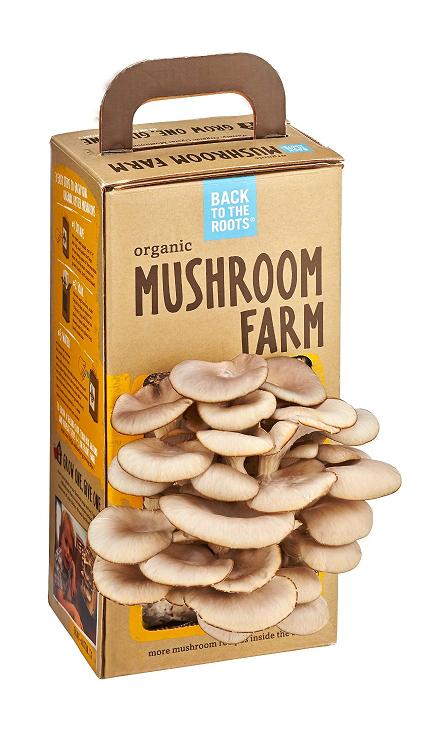 Grow Your Own Mushroom Kit
Grow Your Own Mushroom Kit
Halfway between an herb garden and a high school science project, mushroom kits are fun for foragers and a great way to get kids into mycology. Some are a simple as adding water to a box of sawdust and others involve drilling spores into logs and watering them all season long. Who doesn’t love a new project? ($20-$50)
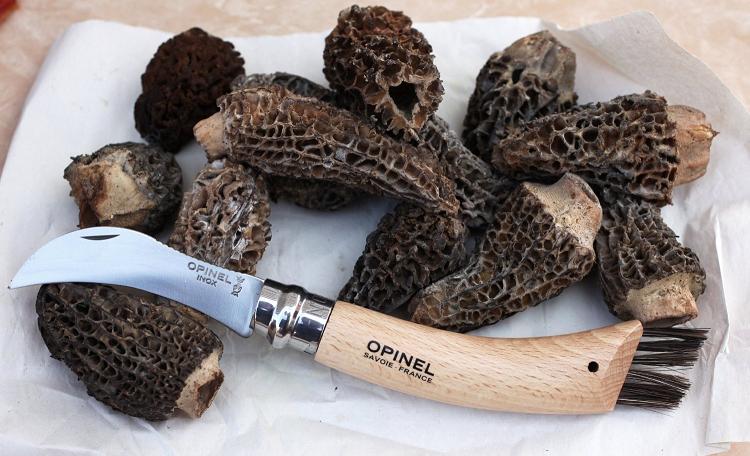 Mushroom Knife
Mushroom Knife
Back out in the scrub it’s always good to have a chopper close at hand, so why settle for a gaudy flick-knife when you can pack a tough, beautifully-designed Opinel mushroom knife. It’s got the traditional beachwood handle and locking blade that all Opinels have, but with enough of a curve to make it easier to slip underneath ‘shrooms and nip them right at ground level. At the other end is a brush for cleaning your haul and ensuring no stowaways find their way into your food. ($20)
Spare No Expense Gifts
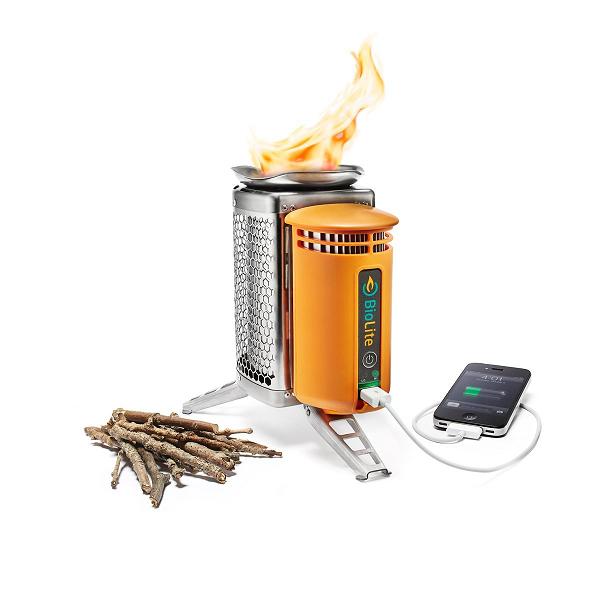 Biolite Camp Stove
Biolite Camp Stove
This rad little gadget (and it’s big brother the Basecamp) is a must have item for campers and foragers that like cooking their goods out in the bush. With just a handful of twigs you can cook a meal, heat your tent, light up your campsite and charge all your USB devices using the power of Science! That’s right, smack in the middle of nowhere you can steam up Matsutake Gohan and watch Game of Thrones at the same time! ($130)
 Clam Digger
Clam Digger
If your significant outdoors man or woman is into foraging for berries and fungi then it’s a pretty good bet they dig free clams as well. A clam “gun” is the best tool for pulling these elusive little buggers out of the silt and into your steamer. Just drive it in, twist, click and pull. ($75)
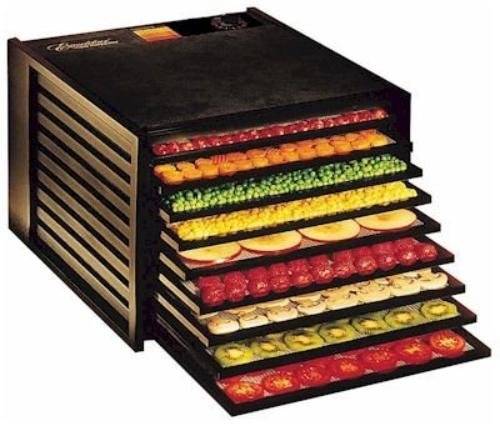 De-Hydrator
De-Hydrator
At the height of mushroom season an experienced forager can bring home such vast quantities of edible riches that space and spoilage quickly becomes an issue; the solution is de-hydration. Just pop your shrooms or herbs onto the trays and push a button, hours later they’re dry enough to last all winter long and take up a quarter of the space. A variety of brands produce quality dehydrators over an ocean of price points. As the cost increases the machine components become more durable and more stuff can be dried at once. ($150-$450)
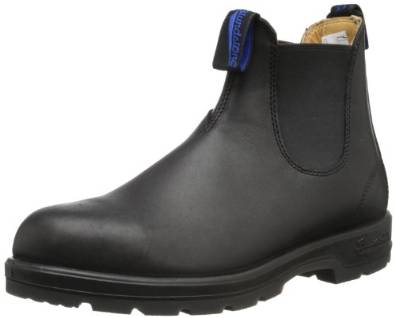 Mucky-Mucks
Mucky-Mucks
Foraging is a dirty business. And while the best gloves, fleeces, hard-shells and what-have-you will always be debated, the one thing that real sloggers appreciate at the end of a long day crouching in the freezing morass is the sanctity of their boots. Most of my friends use Blundstones or Timberlands but any high-end hiking or work boot will do as long as it’s light but waterproof with a nice, snugly liner. ($150 and up)
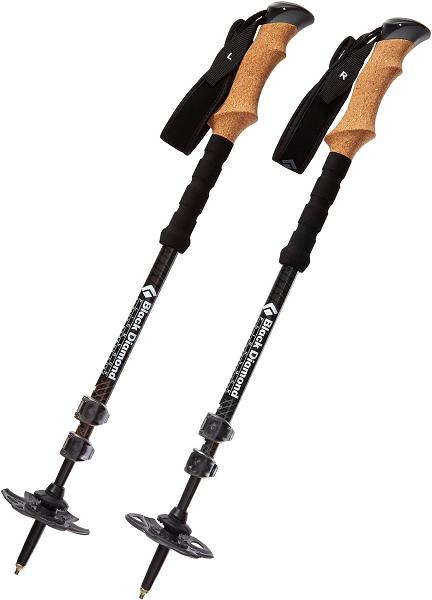 Pro Trekking Pole
Pro Trekking Pole
Some of the best places to scrounge wild food are waaaaay above sea level and the only way to get ‘em is to march up a mountain. To avoid twisted ankles and horrible stories about bear noises and waiting for dawn it’s best to carry one or a pair of trekking poles. The high-end ones are made of super-tough carbon and have cork wood handles for a comfortable non-slip grip. They’re also really useful for clearing brush and up-ending porcinis. ($170)